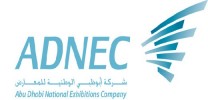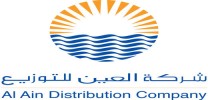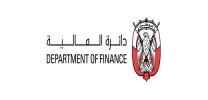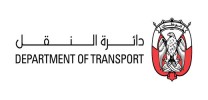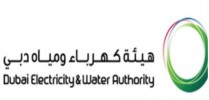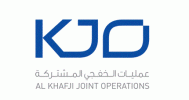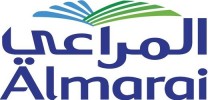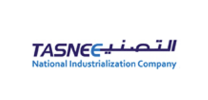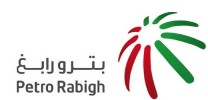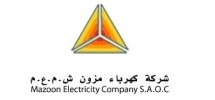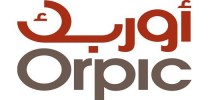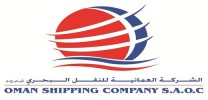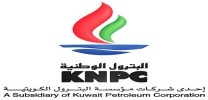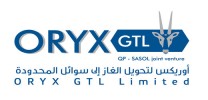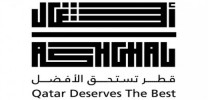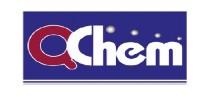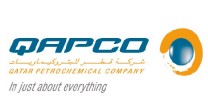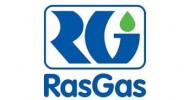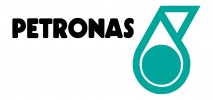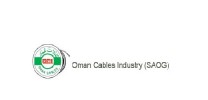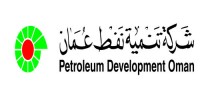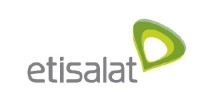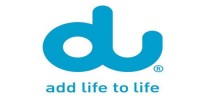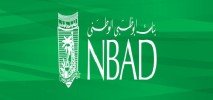
Employee Relations Management A to Z
Course Introduction:
Employee Relations Management are an important part of any organization and ensuring your employees are happy, feel motivated and are engaged will guarantee your business is successful. In HR departments it is crucial to be aware of the continuous changes to and interpretations of the law; in particular how this applies to your organization. This course covering this area of employee relations and employment law are important for all member of HR teams.
Course Objectives:
By the end of the program, participants will be able to:
- Define Employee Relations as a function and list its main role within Human Resources.
- Manage employee files and records as per the local labor laws and regulations.
- Improve attendance in the organization by minimizing absenteeism through the use of the right Key Performance Indicators.
- Enhance employee morale through the use of objective means of morale measurement and enhancement.
- Differentiate between employee whining, complaints and grievances and decide when to treat an issue as a grievance and how to properly handle it.
Who Should Attend?
Employees in the functions of Employee Relations, Human Resources or Personnel and Administration who are directly or indirectly responsible for providing support services to internal customers within the organization.
Course Outline:
Employee Relations (ER)
- Defining the ER Function
- Main Duties and Responsibilities of ER Officers
- Employee Relations (ER) versus Human Resources (HR)
- Employee Relations versus Personnel and Administration
- The Relationship between Labor Law and Employee Relations.
What is meant by Empowerment and by Engagement?
- Definition of Empowerment and what it attempts to achieve
- Definition of Engagement and what it attempts to achieve
- Characteristics of engaged employees and of disengaged employees
- Characteristics of empowered employees and un-empowered employees
- Motivation - Intrinsic and extrinsic
- Goal theory
Managing Employee Files and Records
- The Bare Essentials that Should be Kept on Record at All Times
- Organizing the Files: The Logical Approach
- Organizing the Files: The Legal Requirements
- Approaches to Updating Employee Files
- Ad Hoc Updating versus Periodic
- Automating Employee Files: Advantages and Disadvantages
- Human Resources Information Systems (HRIS)
- The Global Ranking of Current HRIS.
Techniques for engaging employees
- Informal participative decision-making programs
- Job enrichment,
- Continuous improvement
- Self-managed work teams.
- Quality circles
- Informal and formal consultation processes
- The establishments of charters with employees
Attendance Management
- Punctuality and Discipline: Tips for Improving Performance in these Two Areas
- Flexi-Time: Definition and Uses
- Pros and Cons of Flexi-Time Cultures
- Absenteeism: The Main Key Performance Indicators (KPIs) for Measuring Absenteeism
- Analyzing Absenteeism in Order to Reduce it
Employee Morale
- The Definition of Employee Morale
- Employee Morale versus Organizational Health
- Assessing Employee Morale
- Objective versus Subjective Approaches for Assessing Morale
- Using the Dow Jones Model to Measure Morale
- The Various Key Performance Indicators that are Influenced by Employee Morale
- Organizational Health Surveys: The Main Criteria for Designing a Survey
Employee Grievances
- The Definition of a Grievance
- Grievances versus Complaints versus Whining
- The Grievance Handling Procedures: Recommended Steps
- Grievance Rate and Grievance Resolution Rate
- The Main KPIs for Measuring your Grievance Resolution Ratio
Course Methodology:
A variety of methodologies will be used during the course that includes:
· (30%) Based on Case Studies
· (30%) Techniques
· (30%) Role Play
· (10%) Concepts
· Pre-test and Post-test
· Variety of Learning Methods
· Lectures
· Case Studies and Self Questionaires
· Group Work
· Discussion
· Presentation
Course Fees:
This rate includes participant’s manual, Hand-Outs, buffet lunch, coffee/tea on arrival, morning & afternoon of each day.
Course Timings:
Daily Course Timings:
08:00 - 08:20 Morning Coffee / Tea
08:20 - 10:00 First Session
10:00 - 10:20 Coffee / Tea / Snacks
10:20 - 12:20 Second Session
12:20 - 13:30 Lunch Break & Prayer Break
13:30 - 15:00 Last Session





.jpg)

















